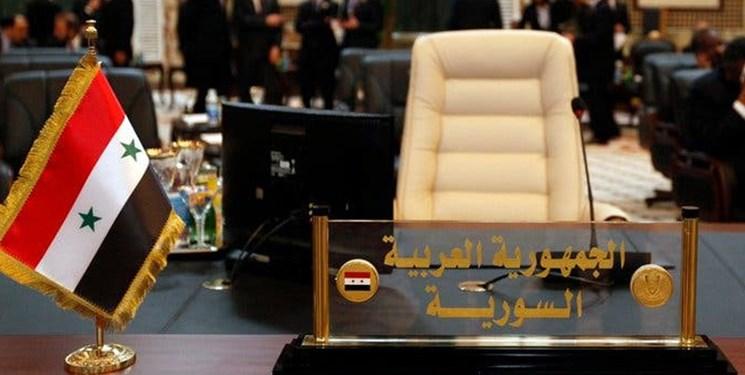This crisis began on March 15, 2011, and resulted in hundreds of thousands of victims. The amount of damages caused by this crisis, in which several Arab countries also participated, has reached more than 650 billion dollars. During this crisis, Syria was able to free more than 95 percent of its territory from the existence of terrorist groups.
In the first year of the Syrian crisis, at the request of Saudi Arabia, the UAE, and Bahrain, the country’s membership in the Arab League was suspended. Now, after 12 years, the league has decided to reconsider suspending the suspension of Syria’s membership.
In 1945, Syria was one of the six Arab countries that played a vital role in the establishment of the Arab League in Cairo and have always had anti-Israel positions after the establishment of the Zionist regime in 1948. The invitation of Bashar Assad to participate in the meeting of the heads of the member states of the League in Riyadh, which will take place for the first time after 12 years, follows the agreement between Iran and Saudi Arabia in Beijing. In addition to that, the critical conditions of occupied Palestine and the possibility of the gradual collapse of the Zionist regime are not without influence in changing the view of the members of the Arab League towards Syria. The reason for this is that the Arab League, by suspending the membership of two anti-Israeli countries, Libya and Syria, lost its credibility and Arab position as the umbrella of support for the Palestinian nation. Therefore, Syria’s return to the Arab League is considered a smart move to rebuild the lost credibility of this influential Arab institution.
On the other hand, the recent visit of Syrian President Bashar Assad to the Sultanate of Oman and the United Arab Emirates and the reopening of the Saudi and UAE embassies in Damascus show that Syria has overcome the 12-year crisis and is recovering its position in the regional equation.
Although Syria has suffered serious material and human damages during the 12 years of crisis, the resistance of the Syrian people against this breathtaking crisis means the defeat of the American-European-Zionist and Arab conspiracy against that country.
During those 12 years, only the Islamic Republic of Iran, Russia, Hezbollah, and to some extent, Iraq stood by the Syrian nation, while more than 150 thousand terrorist elements, with the help of the United States, the Zionist regime, and some Arab countries in the form of 150 groups played a role in creating crisis against Bashar Assad’s government.
According to the laws of the Arab League, aggression by foreign countries against an Arab country that is a member of the Arab League is considered aggression against all Arab countries. Therefore, Syria’s return to the Arab League and Bashar Assad’s nation’s participation in the upcoming summit of Arab leaders in Riyadh have been met with an adverse reaction by the United States and the Zionist regime. The reason for this is that Syria can effectively form a broad Arab political front against the Israeli regime in terms of having the capacity to influence the Arab League and its anti-Zionist positions. Also, the return of Bashar Assad’s government to the Arab League means that the country will enjoy political immunity against the aggression of the Zionist regime. Although the League has unfortunately lost its influential role during the past decade in the Arab-Israeli conflicts, especially in supporting the oppressed Palestinian nation, and has become an inactive institution, the return of Syria and, before that, Libya to the Arab League and formation of an anti-Zionist group with the participation of those two countries as well as Algeria, Tunisia, Lebanon, Mauritania, and Iraq can lead to the political isolation of the Israeli regime to some extent.
This can create a new atmosphere in Arab convergence against the aggression of the Zionist regime and the US hegemony in the region; for this reason, Washington is very worried about the resumption of the anti-Zionist role of the Arab League and has criticized the invitation of the Syrian president to participate in the upcoming meeting of Arab leaders in Riyadh.
Finally, with the change of view of the member states of the Arab League towards the events in the region, it is predicted that the region will witness the formation of a broad Arab front against the Zionist regime.










0 Comments